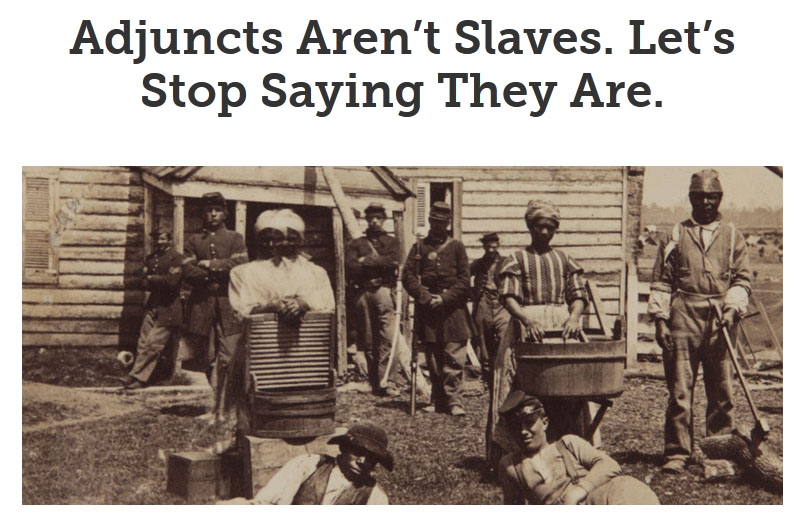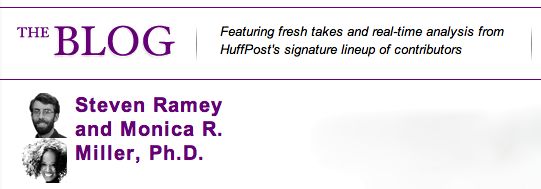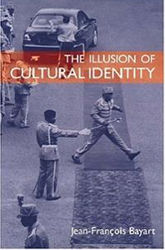 As I tried to suggest in a post last week, concern over dehumanizing the people we study has long struck me as a pseudo-problem, i.e., a problem of scholars’ own making, inasmuch as I think that we worry about this only for those with whom we already agree, with whom we already share some affinity. In a word, the fact of the concern is an example of our own identification practice/interests up and running. For all others, we, as scholars, are likely in tacit agreement that we are not trying to convey or conserve their self-perceived meanings or some ethereal quality that they apparently share with us but, instead, trying to figure out how in the world they could even think or act in the way that they do (i.e., in such cases the people we study are a puzzle to be solved and not a pristine human value to be protected from the prying eyes of outsiders), given that their actions or beliefs are so patently odd or curious or wrong or unethical or illegal or immoral.
As I tried to suggest in a post last week, concern over dehumanizing the people we study has long struck me as a pseudo-problem, i.e., a problem of scholars’ own making, inasmuch as I think that we worry about this only for those with whom we already agree, with whom we already share some affinity. In a word, the fact of the concern is an example of our own identification practice/interests up and running. For all others, we, as scholars, are likely in tacit agreement that we are not trying to convey or conserve their self-perceived meanings or some ethereal quality that they apparently share with us but, instead, trying to figure out how in the world they could even think or act in the way that they do (i.e., in such cases the people we study are a puzzle to be solved and not a pristine human value to be protected from the prying eyes of outsiders), given that their actions or beliefs are so patently odd or curious or wrong or unethical or illegal or immoral.
To us, that is…. Continue reading “Oh, the Humanity…”


 I remember, some years ago, the rise of the term “feminazi” in popular discourse — a term associated with those on the US’s political far right, such as radio host
I remember, some years ago, the rise of the term “feminazi” in popular discourse — a term associated with those on the US’s political far right, such as radio host 

 “Race” is such a problematic, complex term, no? We use it as if it refers to some stable thing (like when we complete a government form) but as soon as we look at its use more closely we realize it is a vague designation for a variety that spans a limitless continuum with no clear internal boundaries. “Race” — as in “What race are you?” — is thus our way of creating the impression of managing what may in fact be unbridled human difference, as if it has nicely defined internal compartments.
“Race” is such a problematic, complex term, no? We use it as if it refers to some stable thing (like when we complete a government form) but as soon as we look at its use more closely we realize it is a vague designation for a variety that spans a limitless continuum with no clear internal boundaries. “Race” — as in “What race are you?” — is thus our way of creating the impression of managing what may in fact be unbridled human difference, as if it has nicely defined internal compartments. A while back a couple Edge posts appeared on the topic of “code switching” (Merinda’s post is
A while back a couple Edge posts appeared on the topic of “code switching” (Merinda’s post is  See the make-over to which Travis refers
See the make-over to which Travis refers  Culture on the Edge’s
Culture on the Edge’s  As I tried to suggest in a
As I tried to suggest in a 
